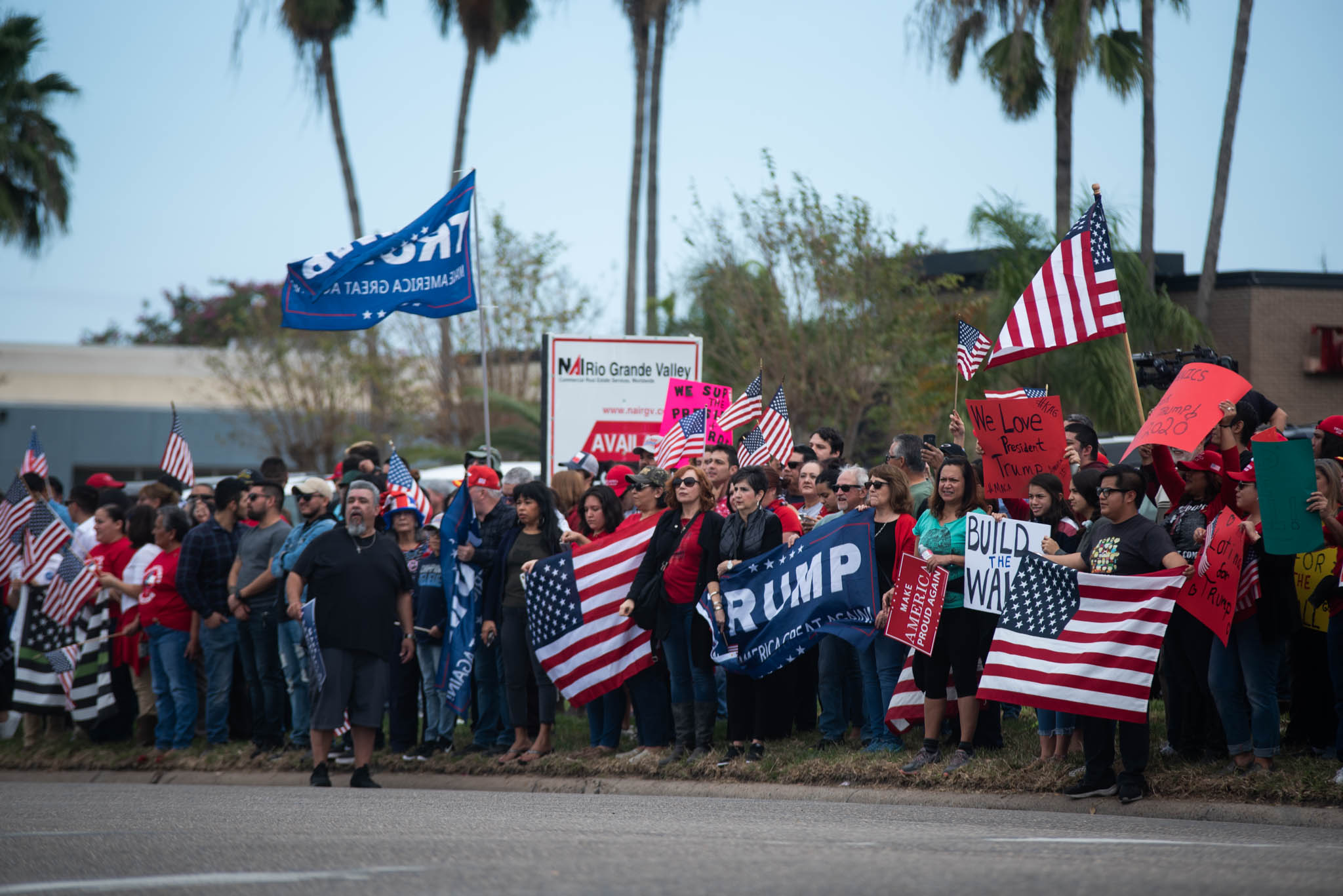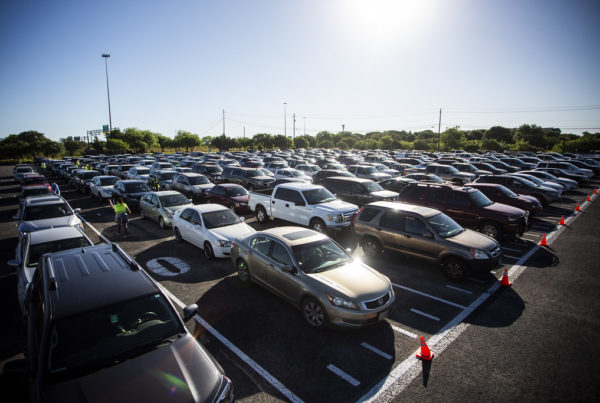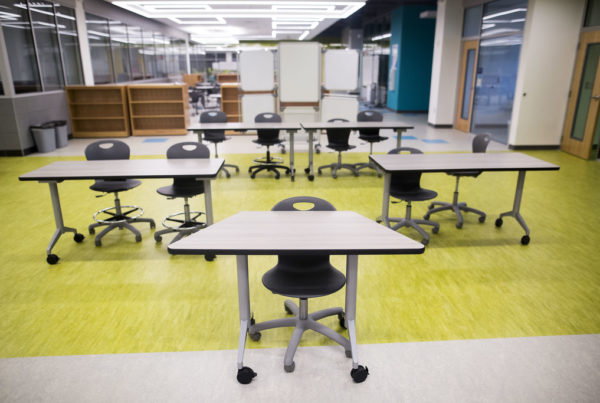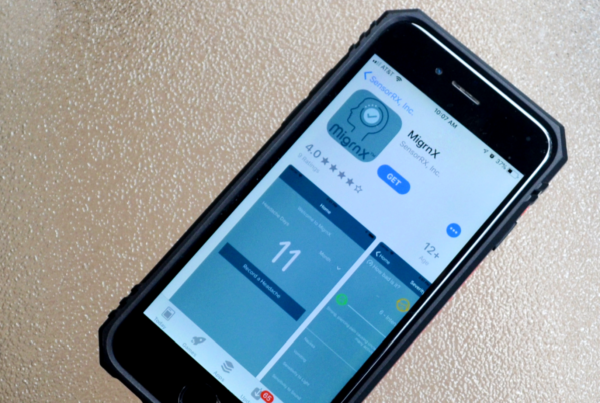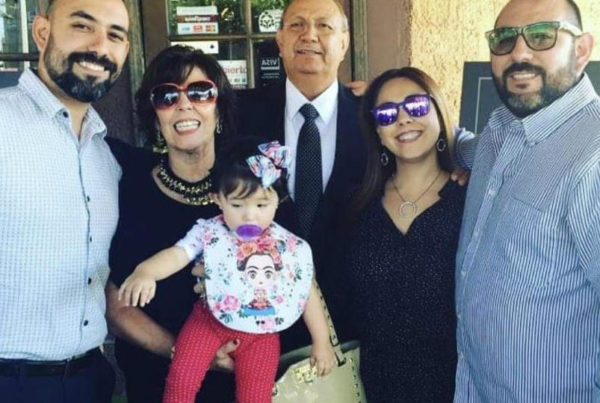In a recent Politico article, reporter Jack Herrera said one word was missing from the discussion about the so-called Latino vote in Texas: “Tejano.” And Herrera says this particular term may give us greater insight into why South Texas voters voted the way that they did in November more than anything else.
“We can begin to really understand the vote in South Texas if we start thinking about Trump not winning the ‘Latino vote’ in Texas, but rather … the Tejano vote, which describes a unique culture that exists down in South Texas,” Herrera told Texas Standard.
This could be key to political parties moving past their one-size-fits all approach to this demographic. Herrera says that for a long time people have appreciated the unique characteristics the Cuban-American community in Miami, for instance. And that has made them distinct from how pollsters might think of Latinos nationwide.
“In South Texas, while not everyone uses the term ‘Tejano’ to describe themselves, it’s a word that has appeared and has gained prevalence because the culture there is unique and people are looking for a unique way to describe themselves. One of the characteristics … is that many people don’t actually see themselves as immigrants,” he said.
One of the things Herrera says you’ll hear often down in South Texas is, the phrase “We didn’t cross the border; the border crossed us.” That’s because for hundreds of years, the land on the north side of the Rio Grande was part of Mexico, and they have ancestral ties to it.
“There is a huge amount of people who can trace their family history back to when Texas was Tejas, which is where the word ‘Tejano’ comes from,” he said.
He says many South Texans want to celebrate what they see as a non-immigrant past, and that’s important for understanding the way they vote and for getting more focused attention from politicians.
For his story, Herrera spoke with Chuck Rocha who ran the Latino outreach campaign for Sen. Bernie Sanders’ presidential primary campaign. It was highly successful in Texas, and South Texas in particular. One reason was because Tejanos were reaching out to other Tejanos.
“Having people who are Texans, are Mexican-American Texans, are people who would call themselves ‘Tejano,’ phone-banking and calling people. So you have that sort of cultural competency and awareness when you’re evangelizing to new voters,” he said.
That’s what the Trump campaign did, and it seemed to help.
“It was a real local operation. People in Webb County and Zapata and Star County were organizing Trump trains and getting out the vote and reaching people,” he said.
Another thing is that the traditional symbols of conservatism and liberalism look different in South Texas. That means politicians should do away with most assumptions when they campaign and do outreach down there.
“There are boosted pickup trucks with a deer in the back with Biden/Harris stickers on it. And, you know, people who are recent Mexican immigrants that are strongly in support of Trump. And so I think a lot of the assumptions that we make on a national level or even a statewide level in Texas, they begin to break down in South Texas,” he said. “There’s a fluidness.”


